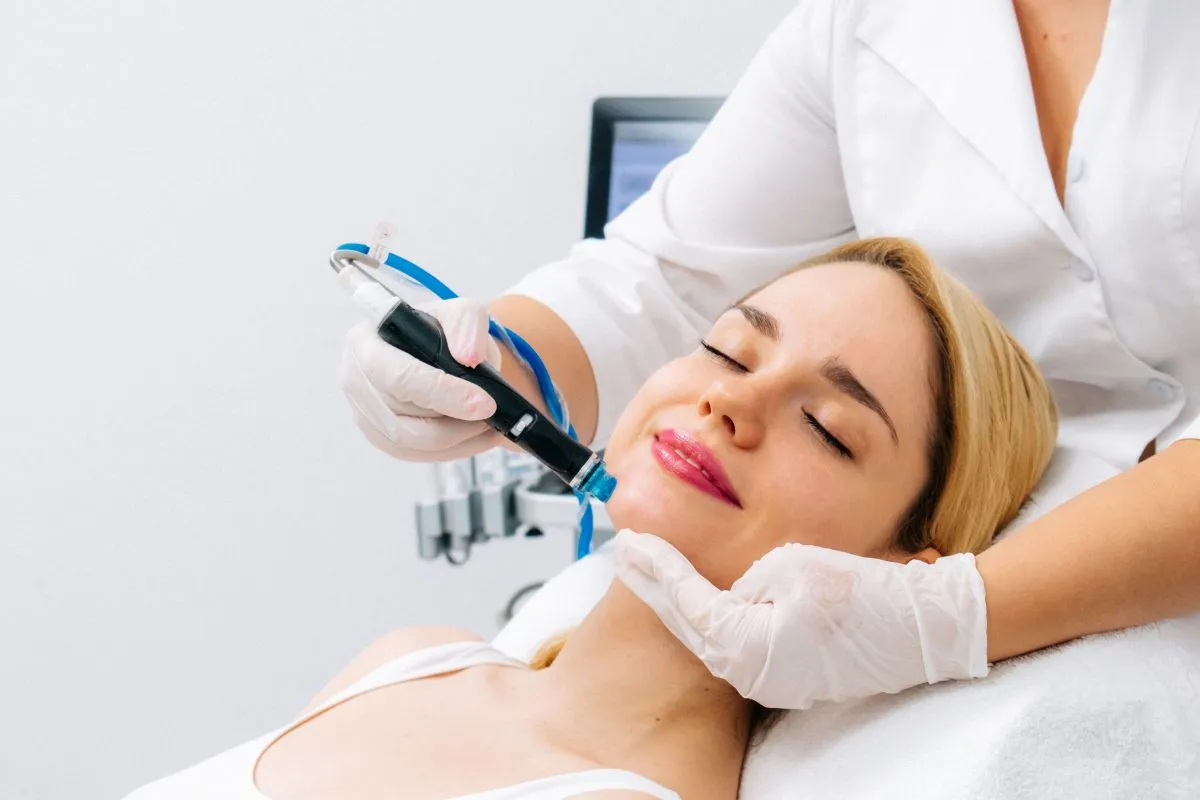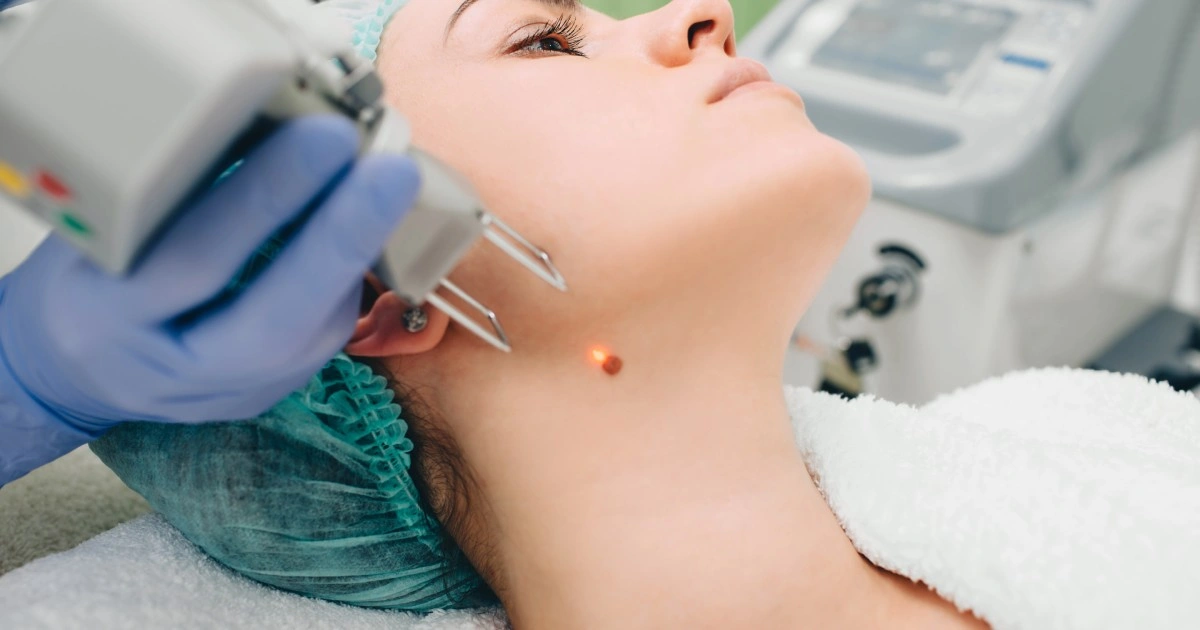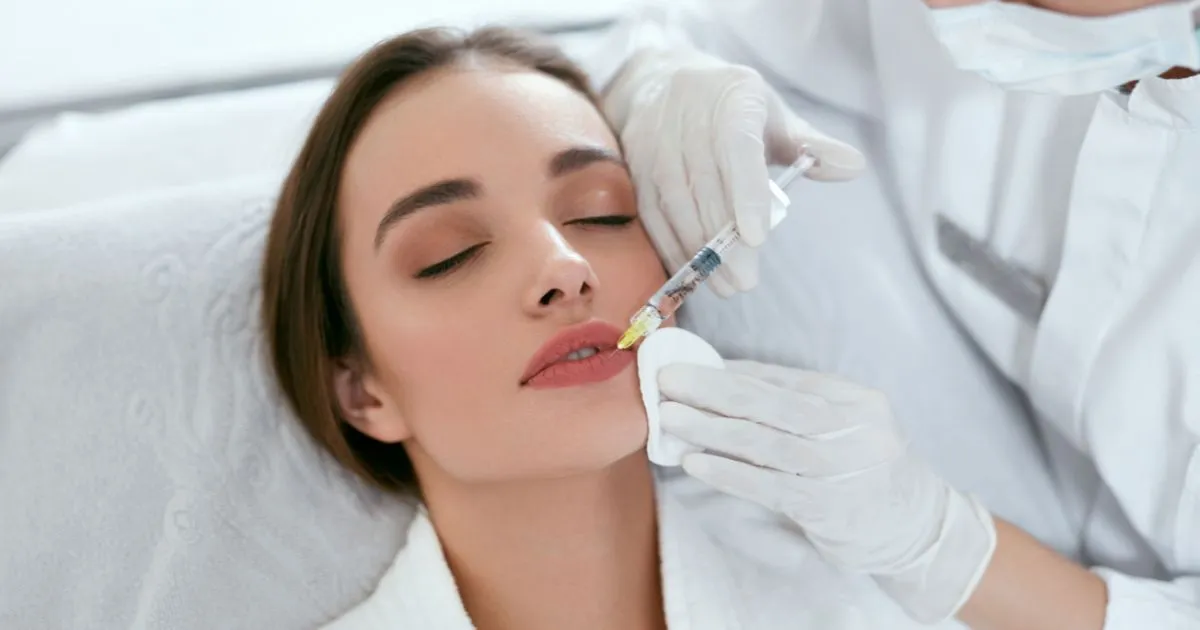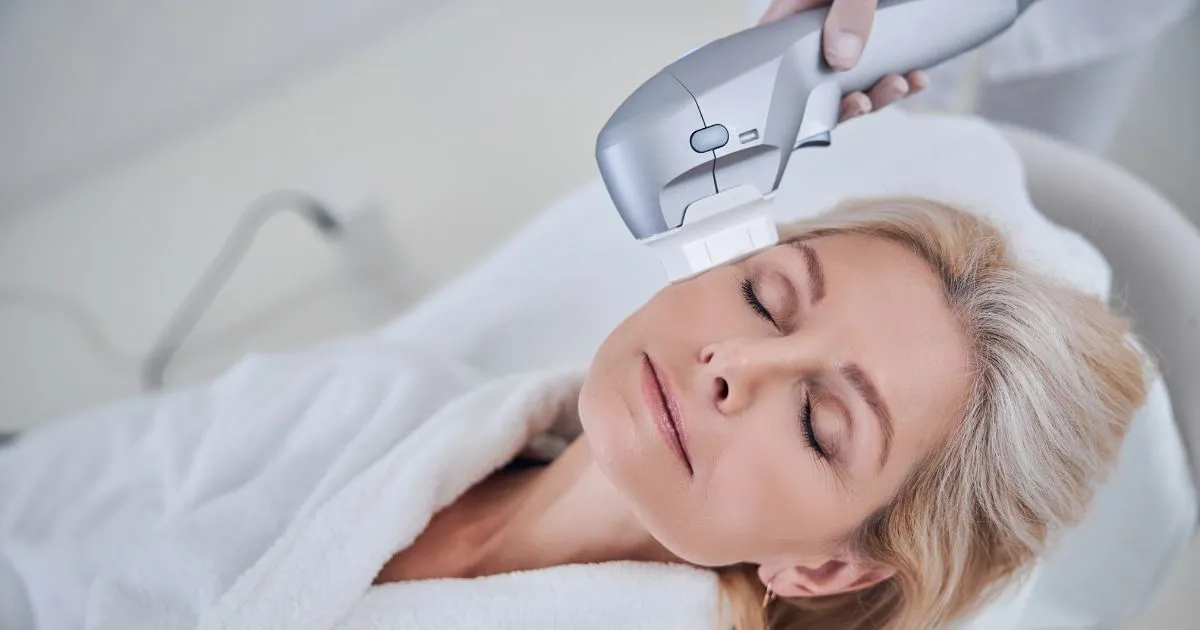In an age where skincare has taken center stage, it’s essential to discuss the most critical aspect of it all: skin cancer prevention. Skin cancer is one of the most common types worldwide, and its prevalence continues to rise. However, there’s good news. Many natural remedies and lifestyle choices can significantly reduce your risk of developing skin cancer. In this blog post, we’ll explore the natural remedies for skin cancer in Nags Head, NC, and how you can enjoy the sun safely.
Understanding Skin Cancer
Before delving into natural remedies, we must understand what we’re up against. Skin cancer primarily manifests in basal cell carcinoma, squamous cell carcinoma, and melanoma. Melanoma is the most aggressive and potentially fatal of them. It frequently starts as a mole if left untreated but can quickly spread to other body sites.
Overexposure to ultraviolet (UV) radiation from the sun or artificial sources, such as tanning beds, is the main cause of skin cancer. This is crucial to remember as we look at natural preventative measures.
Natural Remedies for Skin Cancer Prevention
- Sunscreen
One of the most effective natural remedies for skin cancer prevention is sunscreen. While it’s not a plant-based remedy, it’s essential to incorporate it into your daily routine. Sunscreen acts as a barrier, protecting your skin from the harmful effects of UV radiation.
- Antioxidant-Rich Diet
Antioxidants in your diet can help shield your skin from free radical damage, which can aggravate skin cancer. Include a lot of fruits and vegetables in your diet because they are a great source of vitamins A, C, and E, which are antioxidants. Excellent options include berries, leafy greens, carrots, and citrus fruits.
- Green Tea
Epigallocatechin gallate (EGCG), one of the polyphenols found in green tea, has been demonstrated to have anti-cancer potential. Regular use of green tea can help shield your skin from UV radiation’s damaging effects. Green tea can also be applied topically to treat burnt skin after it has been prepared and cooled.
- Turmeric
The main ingredient in turmeric, curcumin, has potent antioxidant and anti-inflammatory properties. According to certain research, it may prevent skin cancer by preventing the formation of cancerous cells. You can add turmeric to your diet or use a paste form of it topically to your skin.
- Aloe Vera
Natural medicine aloe vera is well-known for its calming effects, especially on scorched skin. It could aid in promoting healing and reducing inflammation. After exposure to the sun, apply pure aloe vera gel to your skin to relieve any potential harm.
- Coconut Oil
Coconut oil contains medium-chain fatty acids, which have natural SPF properties. While it’s not a substitute for sunscreen, coconut oil as a moisturizer can provide extra protection against UV radiation.
- Vitamin D
Vitamin D plays a crucial role in skin health and immunity. Spending time outdoors in moderation allows your skin to produce vitamin D naturally. However, balancing sun exposure is essential to avoid excessive UV radiation.
- Protective Clothing
Wearing protective clothing, such as wide-brimmed hats, sunglasses, and long-sleeved shirts, can shield your skin from direct sun exposure. This is especially important during peak sunlight hours when UV radiation is strongest.
- Stay Hydrated
Proper hydration is vital for overall skin health. Drinking enough water helps your skin stay supple and can aid in recovery from sunburn. Make sure to maintain adequate hydration, especially on hot and sunny days.
- Regular Skin Checks
Early detection is key when it comes to skin cancer. Make it a habit to perform regular self-examination of your skin. If you notice any changes in moles, freckles, or skin lesions, consult a dermatologist promptly.
The Importance of Sun Safety
While we’ve discussed various natural remedies for skin cancer prevention, it’s crucial to emphasize the importance of sun safety. Natural remedies alone may not provide complete protection against the harmful effects of UV radiation. Here are some additional sun safety tips to consider:
- Limit Sun Exposure: Refrain from too much time in the sun, especially between 10 and 11 a.m. and 4 p.m. Plan outdoor activities for early morning or late afternoon.
- Seek Shade: When outdoors, try to stay in the shade as much as possible. Shade provides a natural barrier to the sun’s harmful UV rays.
- Protect Your Eyes: Remember to wear sunglasses with UV-blocking lenses for UV eye protection. As a result, there is a lower chance of eye injury and several types of eye cancer.
- Stay Informed: Keep an eye on the UV index in your area. This index provides information on the strength of UV radiation and can help you plan your outdoor activities accordingly.
- Avoid Tanning Beds: Artificial UV radiation from tanning beds can be as harmful as natural sunlight. You can lower your risk of skin cancer by avoiding tanning beds.
- Use Protective Clothing: Wearing protective clothing like long-sleeved shirts, slacks, and wide-brimmed hats can help your resistance against UV rays, in addition to using sunscreen.
- Know Your Skin Type: Different skin types are susceptible to sunburn and skin cancer. Be aware of your skin type and take appropriate precautions based on your skin’s sensitivity to the sun.
- Sunscreen Application: When using sunscreen, apply it generously and evenly to all exposed skin areas. Remember commonly overlooked areas like the ears, neck, and the tops of your feet.
- Check Expiration Dates: Make sure your sunscreen is not expired. Expired sunscreen may not provide adequate protection.
- Educate Others: Spread awareness about skin cancer prevention among your friends and family. Please encourage them to adopt sun-safe habits and undergo regular skin checks.
Conclusion
Skin cancer prevention is a holistic approach that combines natural remedies with responsible sun exposure and protective measures. Regular check-ups with a dermatologist and sun safety practices remain essential components of skin cancer in Nags, NC. Are you ready to embrace Nags Head, NC’s sun-soaked beaches this summer? While the Outer Banks offer a picturesque backdrop for relaxation and outdoor fun, it’s crucial to prioritize your skin health, especially in this coastal paradise.
At Outer Banks Dermatology, every day under the sun should be enjoyed responsibly and safely. Whether you’re a resident or a visitor in Nags Head, NC, our dermatology clinic supports you in maintaining healthy, beautiful skin. Don’t leave your skin health to chance. Schedule your skin cancer screening today and take the first step toward a lifetime of radiant skin. Contact us to book your appointment.







